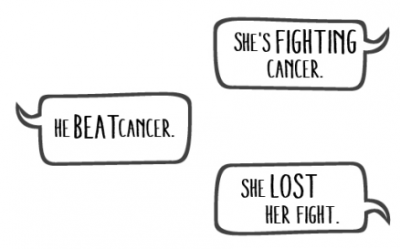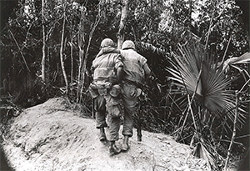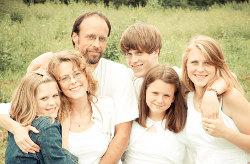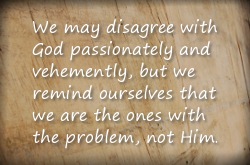Tragedy and Repentance

Just over a week ago, an EF-5 tornado cut a mile-wide furrow through Oklahoma leaving death and devastation behind. Monday night, over 1100 miles away, I tucked my eight-year-old daughter into bed. As we normally do, we prayed together before she fell asleep. She wanted to continue to pray for “the tragedies in Boston and Connecticut” and then innocently asked if there were any more tragedies that we needed to pray for.
As I struggled to find words to tell her that, yes, in fact, there had been a tragedy just that afternoon, I realized how quickly she was losing her innocence. How quickly she would have to learn that tragedy is a recurring theme of this life; how quickly she would learn that some weeks you feel like you’re being pummeled again and again by the brokenness around you.
And yet, learning how to engage tragedy is one of the defining marks of maturity.


 Reprinted with permission from
Reprinted with permission from 
 Republished with permission from
Republished with permission from 

Discussion